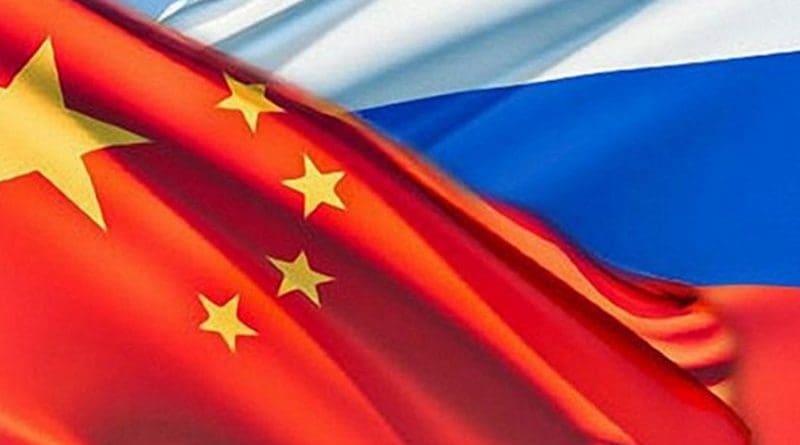Chinese Organized Crime Said Threat To Moscow-Bejing Ties – Analysis
By Paul Goble
The arrest in Moscow earlier this week of a Chinese gang member who was holding other Chinese citizens as hostages called attention to the presence of Chinese organized crime in the Russian Federation, a phenomenon that is now so large that one commentator has suggested it threatens warming ties between Moscow and Bejing.
On Wednesday, Moscow media reported that the Moscow militia had detained a Chinese citizen who was holding at gun point several of his compatriots hostage, including at least one who was reportedly owed a large sum of money to a Chinese organized crime family (top.rbc.ru/incidents/12/04/2011/574906.shtml).
Before storming the apartment where the hostages were located, the Russian militia attempted to negotiate their release. Then, they called a Chinese embassy officer to the scene, and a decision was taken to seize the gun man by force. The Chinese special services said that the man under arrest is a representative of “one of the Chinese organized criminal groups.”
The existence of ethnically based organized criminal groups in the Russian Federation, including those consisting of ethnic Chinese, is hardly news. But over the last several years, they have become increasingly brazen and heavily involved not just in shakedowns like the one just mentioned but also in bilateral trade between Russia and China.
In a report on the Fondsk.ru portal, Nikolay Yershov suggests that the growth of such criminal activity since the early years of the last decade and “especially in the last two to three years” has accelerated to the point that it is undermining what had been warming bilateral economic and political ties (www.fondsk.ru/news/2011/04/07/kitajskie-opg-ugroza-razvitiju-ekonomicheskih-svjazej-rossii-s-knr.html).
Russian law enforcement agencies say, Yershov reports, that that such crime has become a particular problem “in foreign trade with China.” Much of it involves “complete financial schemes and technical cleverness, the use of contemporary Internet technology, electronic payment systems, and a deep knowledge of financial monitoring and exchange procedures.”
The most important reason for “the increased attention of Chinese organized criminal groups to Russian business,” the journalist continues, are “favorable economic conditions and a stable and high interest by entrepreneurs from the Russian Federation in doing business with China.”
Among the largest Chinese criminal groups involved in such activities, officials say, is the Tientsin-Hebei grouping, “which is based in the cities of Tientsin and Shitsiajuan and has ‘branches’ in Beijing, Harbin and Guandung Province. It specializes in extracting money from Russian companies by securing advances greater than the purchase price of the goods to be sold.
This family does so by sending false prices via the Internet, securing the money and then disappearing. Among the sectors most affected by this particular crime are chemical products, but logistics, consulting and management activities are also involved, Yerzhov says. This Chinese crime family also is involved in fraudulent export contracts for Chinese raw materials.
Some of the firms involved in these activities remain under the control of Chinese organized crime for lengthy periods of time, but they too disband very quickly whenever the authorities in either China or Russia begin to look into what they are doing, although they hide behind various false front companies and often escape attention.
A relatively new area of Chinese organized criminal group activity involves the stock and exchange markets. Russians are offered a chance to invest from 500,000 US dollars up and then paid dividends for only a few months before the Chinese criminals declare that the investment has collapsed in value. They then disappear.
“Regrettably,” Yershov says, “the wave of crimes toward Russian participants in the foreign economic activity of China has not generated the necessary reaction from the side of the Chinese Ministry of Public Security,” a body whose initials translated into Russia is the wonderfully named MOB.
Moreover, he continues, the MOB’s “territorial subdivisions” in Tientsin and elsewhere “for reasons that are not understandable refuse to accept declarations and appeals from Russian and foreign citizens” regarding such activities. Some MOB officials say that they won’t get involved unless losses exceed 300,000 yuan – about 45,000 US dollars.
The activities of the Chinese organized criminal groups are inflicting “serious harm to the develop0ment of economic ties between the two countries. [Consequently,] the Chinese sides ignoring of facts of crimes threatens to undermine the reputation of Chinese business both in the Russian business community and in the international arena.”

